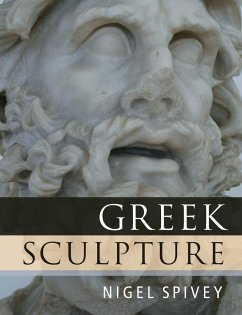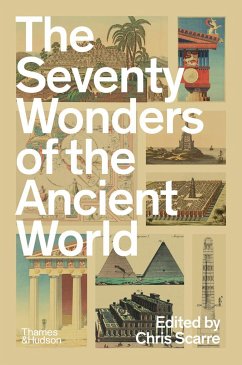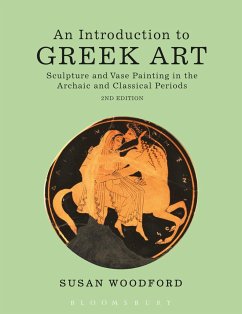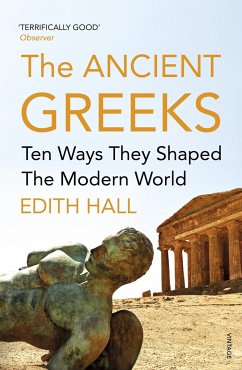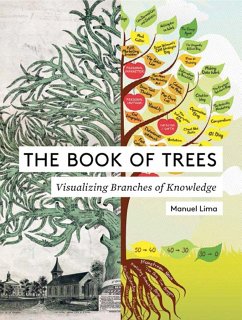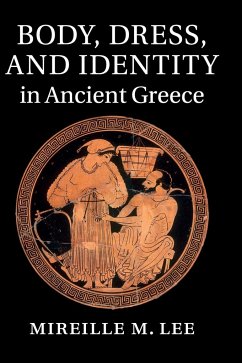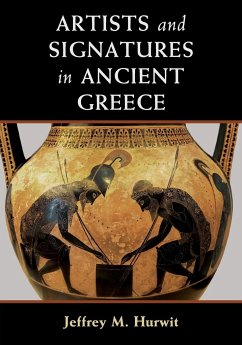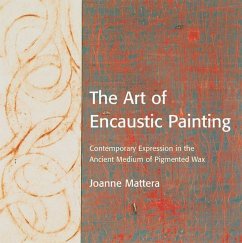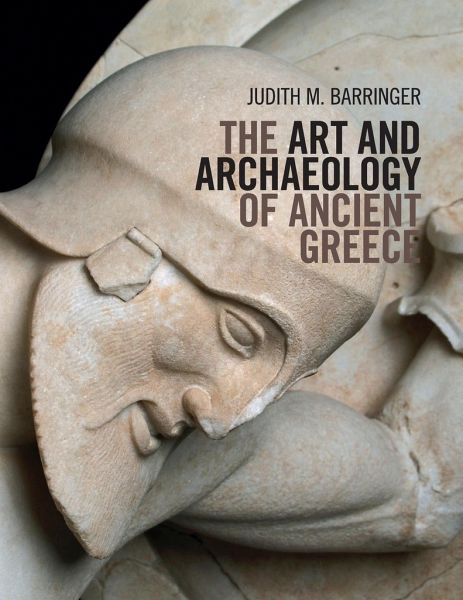
The Art and Archaeology of Ancient Greece
Versandkostenfrei!
Versandfertig in 1-2 Wochen
94,99 €
inkl. MwSt.
Weitere Ausgaben:

PAYBACK Punkte
47 °P sammeln!
This richly illustrated, four-colour textbook introduces the art and archaeology of ancient Greece, from the Bronze Age through to the Roman conquest. Emphasizing context and function, Barringer explores the purpose and use of buildings and objects within their particular time and place, leading students to a rich sociohistorical understanding of Greek art.




